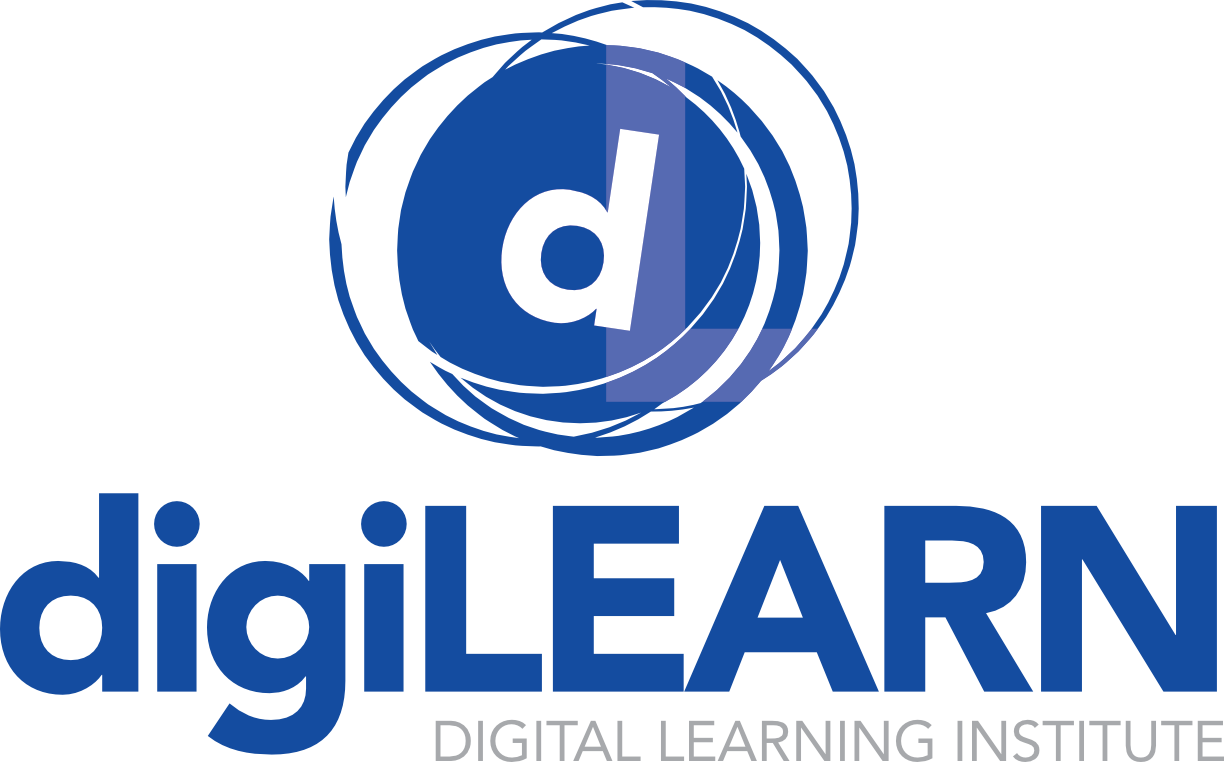
The North Carolina Partnership for
Micro-Credentials
In 2020, digiLEARN and the North Carolina State Board of Education developed the NC Partnership for Micro-credentials with other state and national partners, including RTI International and New America, to investigate the use of micro-credentials as a tool for teacher retention and development in North Carolina and other states. The Partnership received generous support from Carnegie Corporation of New York, the Belk Foundation, and the Z. Smith Reynolds Foundation.
Our work was based on the premise that educator micro-credentials for teachers could be a potential strategy for ensuring that every student has a high-quality, effective teacher. The mission of the North Carolina Partnership for Micro-Credentials is to develop a state-recognized system of competency-based micro-credentials that promotes and is integrated with a high-quality system of teacher professional learning. As part of this professional learning system, competency-based micro-credentials should encourage and support the expansion of teachers’ skills and knowledge to improve the achievement and outcomes of all students.
Our goals are to:
create model micro-credential standards,
determine criteria for agencies credentialing micro-credentials, and
create model policy for North Carolina and other states.
Our objective is to develop a system of teacher micro-credentialing that:
is aligned with NC Teaching Standards, Learning Forward Standards for Professional Learning, NC Digital Learning Competencies for Teachers and Administrators and NC Digital Learning Competencies for Students.
incorporates teachers’ perspective.
recognize teachers’ professional growth and advancement through clearly defined rewards.
is focused on fairly and equitably promoting and assessing teacher growth and advancement to improve student outcomes in both tested and non-tested subjects.
is formally connected to professional learning and other human capital systems that allow for additional recognition and rewards to be bestowed upon teachers earning relevant high-quality micro-credentials.
is recognized by state, national, and/or credentialing agencies to ensure portability of micro-credentials across NC districts, as well as value by hiring entities outside of the state.
can become a model policy for other states.
Timeline
June–August, 2020
We created the partnership. Partners and task force members represent stakeholders at all levels, including teachers, administrators, policymakers, researchers, business leaders and funders.
Together, the partnership and task force agreed on a mission, vision and objectives for the work and created a detailed work plan.
August 2020–January 2021
We conducted a national landscape of work on micro-credentials and a review of best practices. Read the report by New America, Harnessing Micro-Credentials for Teacher Growth.
We conducted a state-level feasibility study that included stakeholder focus groups and a statewide survey to validate the recommendations once they were finalized by the Partnership. Read RTI International’s NC Feasibility Study.
March 2021
The partnership presented our findings and recommendations to the North Carolina State Board of Education. Read the executive summary and full report.
March 2023
The partnership delivered its final report to help decision-makers determine the best strategy for formally integrating micro-credentials in the professional learning system for NC educators. Download that report here.







